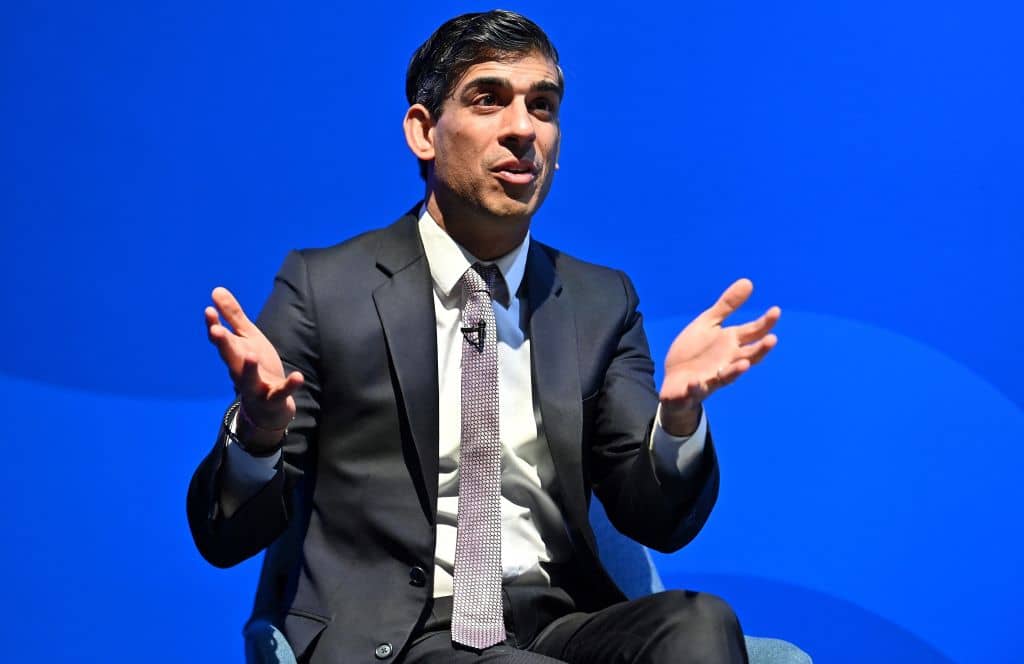When Rishi Sunak unveiled his Spring Statement last week, he was clear both publicly and privately that it marked a turning point: from now on, tax cuts will be prioritised over public spending. It was the Chancellor’s chance to chart a path back to a smaller state, which he later described to Tory MPs as a ‘clear conservative plan’. Yet a few days on as Sunak continues to face criticism over the measures he did – and didn’t – announce, pressure for higher spending is once again growing.
Over the weekend, Sunak found himself on the receiving end of a number of hostile briefings from cabinet colleagues and allies of Boris Johnson. Sunak’s personal ratings have also fallen, with a YouGov poll finding that Sunak’s net favourability has hit a new low of -15. A general consensus has formed that Sunak did not do enough to ease the cost of living crisis – given the OBR have said it will be the biggest fall in living standards since the 1950s.
The Prime Minister is said to have looked particularly uncomfortable at the idea
Yet there is a lack of unity when it comes to how exactly to address this issue. At Cabinet last week, police minister Kit Malthouse was among those who suggested the government reduced spending levels (by reopening the spending review). While this was directed at Sunak, the Prime Minister is said to have looked particularly uncomfortable at the idea. Meanwhile backbench criticism so far has fallen into two camps: those who want to see more tax cuts and quickly and those who would like to see increased support for the most vulnerable.
As for new spending demands, Foreign Secretary Liz Truss is reported to be urging Rishi Sunak to release millions for a ‘new Marshall Plan’ to rebuild Ukraine after the war with Russia, while her Foreign Office predecessor Jeremy Hunt has called for an increase to defence spending. But perhaps the most immediate political difficulty is on energy.
First, will the government announce new help ahead of the autumn Budget? Boris Johnson suggested last week that his government would do more on cost of living (comments that weren’t exactly viewed as helpful by supporters of Sunak). Next, No. 10 recently promised a new energy strategy outlining how the UK would become self reliant. This has been delayed once again – many of the ideas coming from the Department for Business, Energy and Industrial Strategy (Beis) and No. 10 on renewable energy are being scrutinised by the Treasury over value for money.
Part of the reason Sunak announced his plan to cut income tax by 2024 now was so that the Treasury has an argument they can use against numerous spending requests going forward. Officials will be able to suggest that new spending could put that tax cut in doubt. But as Sunak and the government come under pressure for not doing enough, holding the line is looking increasingly difficult.







Comments